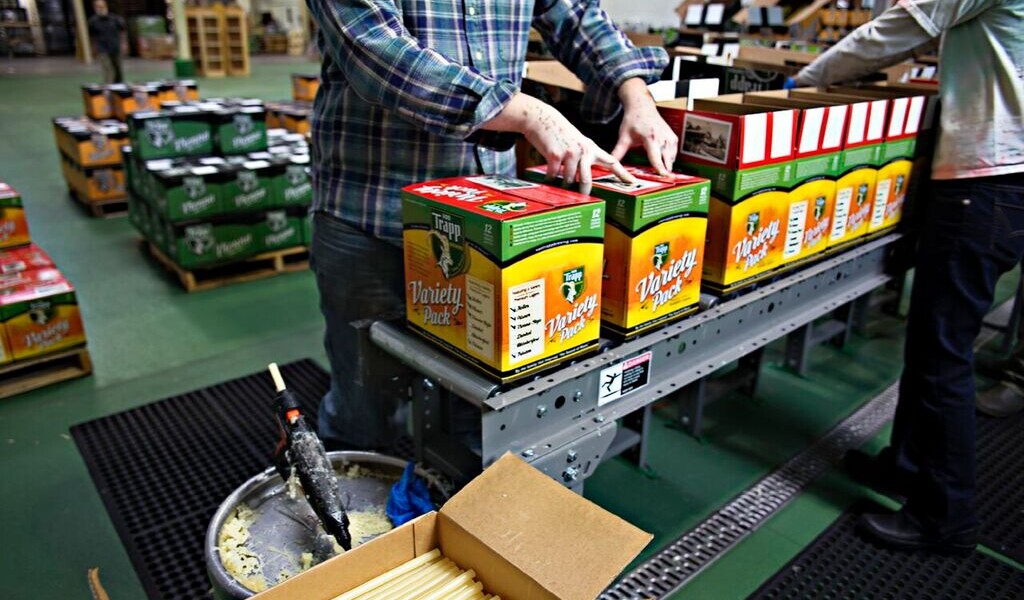By Kate Whitney
There’s no mitigating this: the effects of COVID-19 on our nation’s economy and unemployment rate have been dismal, record-breaking, and devastating.
More than 33 million Americans have filed for unemployment benefits since the start of the coronavirus pandemic—with 3.2 million filing at the end of April. Despite the recent Washington Post poll that found that 77 percent of laid-off or furloughed workers believe that they will rehired by their previous employer once their area’s stay-at-home restrictions are lifted, economists are warning that 40 percent of job losses could become permanent.
We recently spoke with UVM Continuing and Distance Education Career Coach Sue Schlom to discuss how—in the midst of this shared trauma—those affected by a layoff, furlough, or lost internship opportunity can think about their career and how to move forward.
Find Work That’s Right, For Right Now
“The prospects for job seekers are much more limited than they were six months ago, or even three months ago,” Schlom said. “That doesn’t mean that the jobs aren’t out there, but the focus [for businesses] has been on who are our immediate hires?, what are our most urgent needs? and what can we put off or cancel? Employers are now putting COVID-19 hiring practices on their websites and recruiters will see the floodgates open eventually with this pent-up demand. But for now, most, if not all companies have removed their job postings.”
If money is a pressing issue and you need to find work right now to help pay the bills and feed yourself or your family, make the decision that’s right for you, but if you can manage it, Schlom suggests not taking a job in your sector at a lower pay than you had before or would have negotiated for yourself pre-pandemic.
“If you are in an industry and because of your experience and your tenure and your contributions, you have achieved a certain level of compensation,” Schlom said. “If you take a step back—a little bit is fine—but if you take a step back to much lower compensation in the same industry it’s going to take you years to get back to where you were versus if you step outside your industry and say, hey I wasn’t working, so I did this for four months and now that the market’s opened up I’m ready to get back to doing what I was doing. Then you’ll have a better chance at getting the job at the same level of compensation than if you had taken a big step back in your industry.”
“There are many, many careers that are still hiring,” Schlom said, noting the needs for employees in the healthcare, pharmacy, warehouse, grocery store, and delivery sectors. “Take a gig job that you know is only going to last a few months rather than take a wrong step or a step backwards.”
Check out this article on LinkedIn which shows companies that are currently hiring.
“Everybody knows what’s going on and everyone has to make the right decisions for themselves and their families. And if it’s a matter of keeping their family and their home and keeping fed and safe, no one is going to fault anybody for doing what they have to do to keep working at this time.”
Read the next article in this series on COVID-19 Employment in Crisis: Taking Steps Toward Career Success During a Pandemic.




